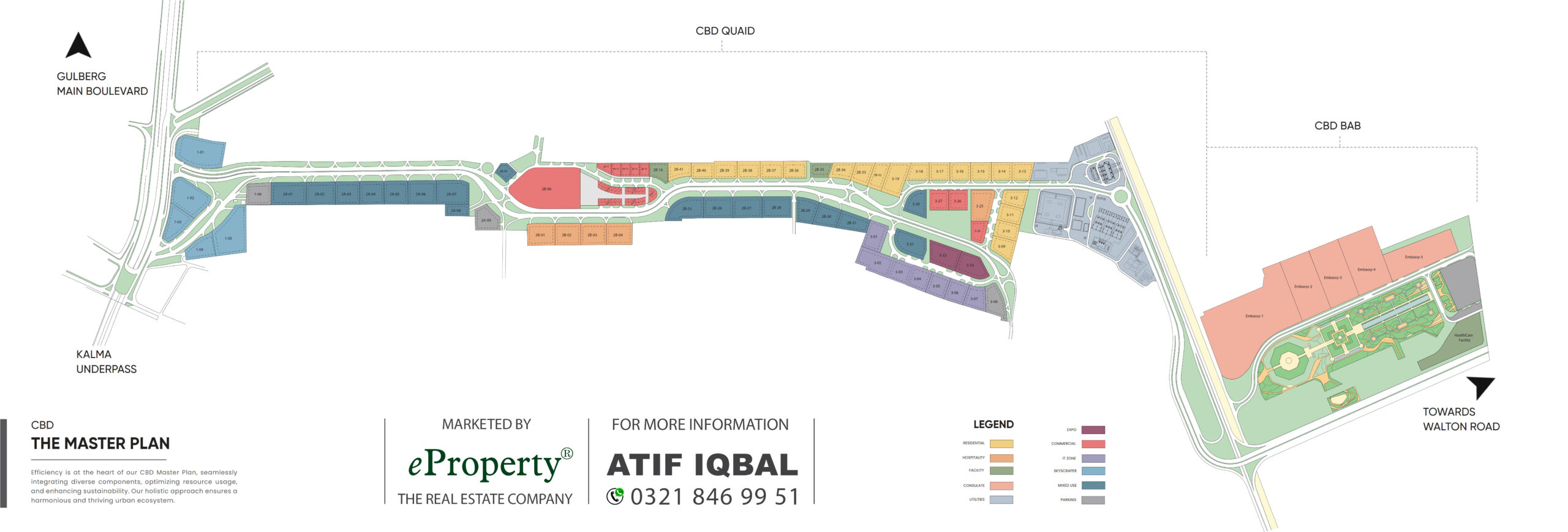The Gwadar port began operations in 2008 and due to its inherent strategic and economic benefits; the potential for the province of Balochistan to capitalise on the development of the project was promising.
The outlook for the future continues to hold potential for the region and for the country as a whole because Gwadar has garnered tremendous attention and investment from both within as well as outside the country.
This may sound like a sweeping statement; the fact is that untapped potential from the region offers profitable opportunities that is the equivalent of a gold mine.
Gwadar port, with its recently developed infrastructure, is capable of holding an immense amount of urea inventories, nearing around 700,000 tons.
The off-loading of urea was directed to Gwadar and not to Karachi or Bin Qasim ports due to major trafficking.
The latter facilitate bigger ships, thereby increasing dock-time and allowing fewer amounts to be off-loaded at one time.
Gwadar, with an infrastructure that also facilitates smaller ships (that take less dock time) and therefore an easier flow of traffic, came as a relief in the face of this problem.
Specifically, Gwadar provides 3 berths of 600-m total length and 200-m each for general cargo and multipurpose facilities, together with a small boat berthing area.
In addition, open and covered storage areas include provision for the storage of containers.
Also, as a ‘transit port’, Gwadar can berth upto 50,000 tons dwt, and a channel depth of at least 15-m.
Karachi, on the other hand, can handle only 30,000 tons dwt ships through an 11-m deep channel.
This allows to hold and off-load higher quantities at a time at Gwadar, as compared to Karachi or Bin Qasim.
Situated off the coast of Balochistan about 460 kms west of Karachi, Gwadar has immense geo-strategic significance on many accounts.
Considering the geo-economic imperative of regional changes to Central Asia, the Asian Development Bank (ADB) identified Gwadar Port as an alternative to the Persian Gulf Ports to capture the transit trade of the Central Asian Republics (CAR) as well as the trans-shipment trade of the region.
Gwadar port was conceived with a slew of objectives, one of which was to facilitate shipping industries, also providing an alternative to the then severe traffic congestion from commercial, fishing and military shipping at the other two existing seaports.
While both Karachi Port and Port Qasim were found unattractive to major shipping lines due to their relative remoteness from main shipping routes, the limitations of draft for mother ships and large bulk oil carriers and the comparative long turn around times, ADB studies concluded that Gwadar was the most advantageous location for an alternative in the region, with the capability to handle mother ships and large oil tankers in due course of its development.
Positioned on the Strait of Hormuz leading into the Persian Gulf, Gwadar port was slated to become regional shipping and transshipping hub, an alternate to the Gulf Ports and also a vital Indian Ocean link to Central Asia and China.
In addition to being a regional hub for international shipping and trade, the development and commercial success of Gwadar port, due to its economic and strategic significance, has tremendous potential to boost the local economy of the otherwise considered deprived province of Baluchistan.
There is a potential for development in terms of the related infrastructure of inland roads and transport services, water and power and communication services for new townships and industrial zones, not to mention trucking yards, warehousing and other storage facilities, corporate infrastructure including office buildings for operating firms and agencies, which inevitably require other commercial and residential infrastructure for the local population and labour force, hotels, hospitals, colleges and schools for the families, possibly even tourism among a hoard of new industries.
The province itself is reputed to host much of the required raw materials for all the aforementioned development, which in and of itself is the ideal investment opportunity.
Any of these efforts could increase standards of living, education and employment rate in the areas surrounding Gwadar and extend further into inland Baluchistan.
Post-doctoral researcher Christian Beuler wrote in a 2007 Central Asia report, quoting Ammad Hassan in his thesis for the US Naval Postgraduate School, that the problem with Gwadar is that while the port has been built, “the supporting infrastructure of railroad link, industrial capacity, and civic structures at Gwadar is almost non-existent.”
In the public’s eyes, this analysis holds true today.
The stark observation is the lack of incentives offered by the main stakeholders, as sanctioned by the Pakistani government, to really develop the potential use of the port through supporting infrastructure.
Incentives that go beyond concession agreements and tax exemptions.
Incentives that should incorporate the larger picture element of the Master Plan.
One such incentive would be the provision of secure and reliable terrestrial transport networks – critically so, since one of the missions objectives of the port was to become an efficient logistical gateway to landlocked Central Asia.
Yet, a recent report quoted a senator saying that connecting roads from the Port of Gwadar to Punjab through Turbat, Khoshab, Awaran, Khuzdar, Ratodero, and to Quetta and even Karachi would require more than PKR 40 billion, whereas the government issued, instead, an extra PKR 10.21 billion solely for the import of fertiliser and wheat through Gwadar, which ironically, was part of the reason that the port was subject to traffic congestion last month (December 2011-January 2012).
In the fall of 2011, 68% of the 193-km M-8 Gwadar-Turbat-Hoshab project was developed with a goal of completion by December 2012, and the 242km M-8 Khuzdar-Shahdadkot highway stood at 73 percent completion with PKR 6.8 billion required for the remaining work.
A 454-km N-8 Hoshab-Panjgur-Naag-Basima-Sorab project was initiated and slated to be ready by June 2014.
The construction of a 414km M-8 Hoshab-Awaran-Khuzdar project would be initiated in the second phase, and the design of N-30 Basima-Khuzdar project for which the construction of a 110-km stretch of highway at a cost of PKR 4.4 billion was approved.
Procurement of supervisory consultants and contractors were in progress.
All of this was announced at an August 2011 meeting presided by Finance Minister Abdul Hafeez Shaikh, who emphasised the importance of the projects for the country`s economic prosperity and who furthermore said that the Gwadar port project was vital to uplifting the desert areas and coastal lines of Balochistan.
In an interview with a local publication, Aqeel Karim Dhedhi, Chairman of the AKD Group said that Balochistan was rich in natural resources such as gold, copper, gas, coal and marble, but unfortunately, however, that potential remained untapped due to negligence.
He said if the connectivity issues were to be resolved soon, the province would definitely prosper, and if the national business community contributed with at least 2 to 3 percent of their investments in Balochistan, it would not only help generating employment, but also develop the province on a socio-economic level.
It follows that a national level of economic involvement would nurture a sense of belonging to the country among the people of the province.
Join the eProperty Community for daily Pakistan Property rate updates, the latest developments, and news.
Property buying and selling was never easy before; simply connect with our WhatsApp hotline for absolutely free property consulting. Please save this number, +923111042111 in your contact list to get regular updates from us; otherwise, you will not receive any updates.


